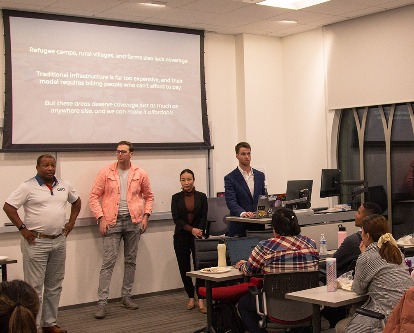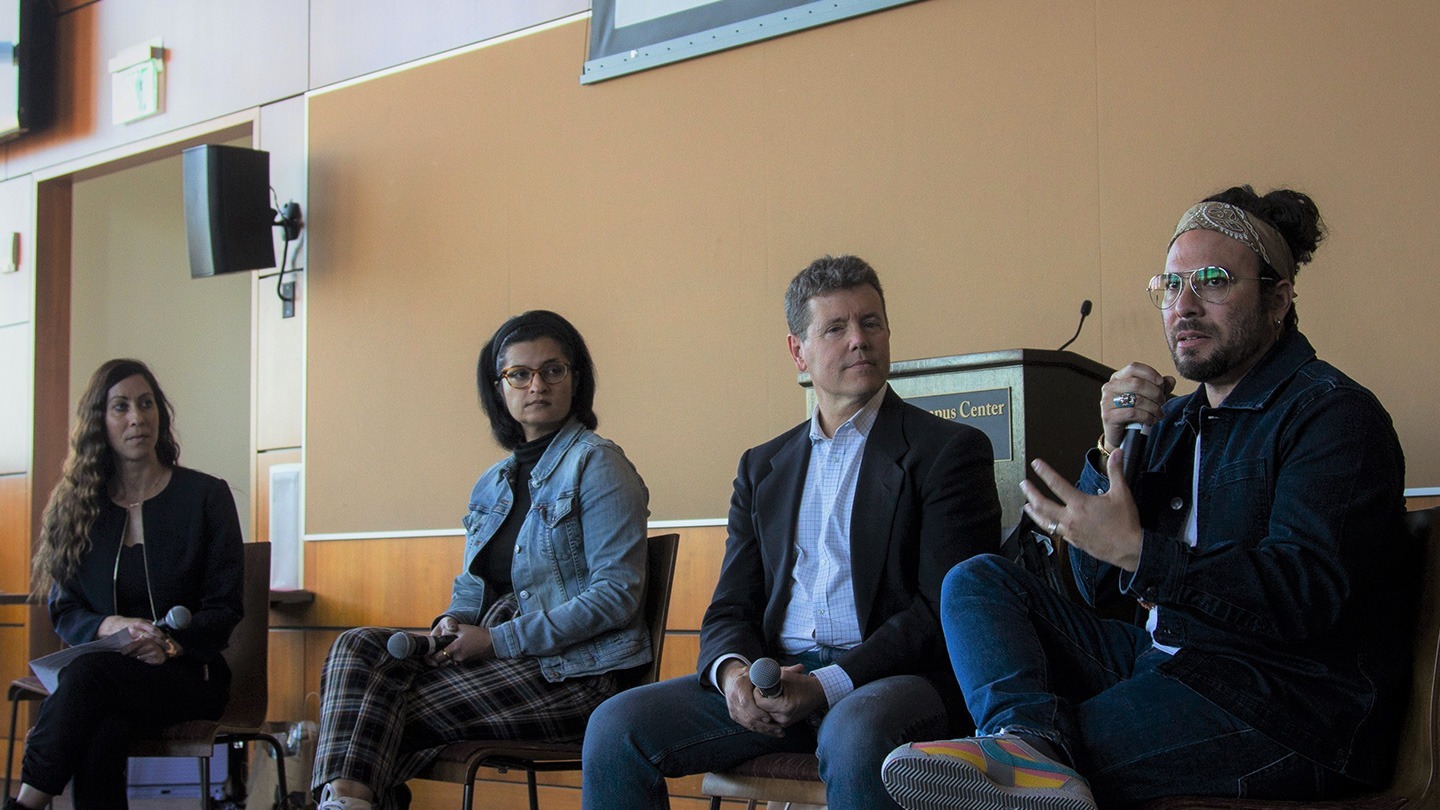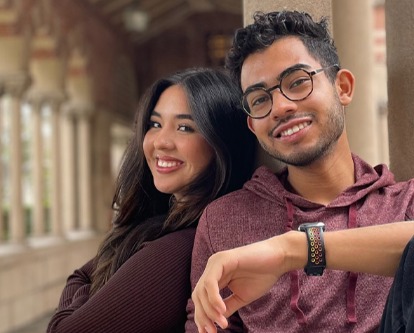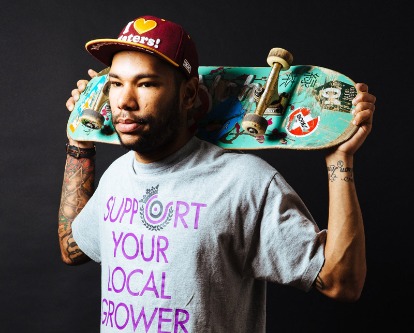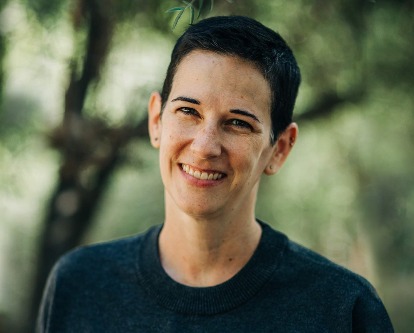The idea that Hollywood can be pivotal in advancing social progress is at the core of Parekh’s work with GEI, where she partners with over 250 companies in North America to create diverse and inclusive workforce pipelines for the entertainment industry. “There are a lot of DEI issues in Hollywood, from trans people not getting proper bathroom access to people of color being underpaid. Heads of studios are straight white men who don’t really understand,” she said.
At GEI, staff focuses on providing underrepresented populations with training and exposure to Hollywood productions. But to truly have an impact, Parekh says partners need to support more than just entry-level hiring of underrepresented individuals. “We’d love to see them do more for those communities: teach them how to network with executives, help them get promotions, provide tools and resources to bolster their success at higher levels.”
For Hinerfeld and Rewrite the Future, part of the challenge has been figuring out why Hollywood is so resistant to climate storytelling in the first place. “On the creative side, there’s a perception that climate stories are boring and preachy. On the business side, climate is seen as a divisive topic here in the U.S. and thus corporate sponsors are not thrilled about climate storytelling. Emotionally, working on a climate story for multiple years is daunting. We have to combat all of these problems and perceptions,” he said. One approach that Hinerfeld shared: branding it as one of the biggest human stories to ever be told—one that is just getting started.
The 2022-2023 Jacobson Family Sustainable Impact Lecture Series looks at how businesses are centering community in their social impact work. “This year, we set out to highlight proximate leaders in business,” Fialho said. “Historically, our institutions have been built to exclude the knowledge and expertise of people who are closest to the problems we seek to solve. We need an entirely new approach to social problem solving that centers the voices and talents of these leaders, especially from BIPOC and LGBTQ+ communities.”
For GEI, Rewrite the Future and Revolve Impact alike, the communities they want to support are those they work hard to partner with and develop enduring, dynamic relationships with. A part of this process is knowing where the organization’s teams have expertise and knowing where outside expertise could better bolster the results of their programs.
